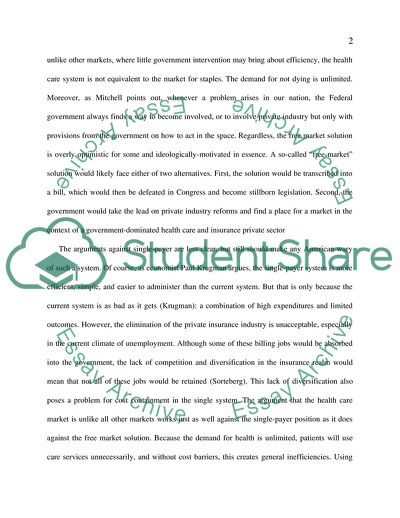Cite this document
(Why America Won't Get the Health-Care System It Needs Literature review, n.d.)
Why America Won't Get the Health-Care System It Needs Literature review. https://studentshare.org/politics/1728182-luke-mitchells-sick-in-the-head-essay-on-healthcare
Why America Won't Get the Health-Care System It Needs Literature review. https://studentshare.org/politics/1728182-luke-mitchells-sick-in-the-head-essay-on-healthcare
(Why America Won'T Get the Health-Care System It Needs Literature Review)
Why America Won'T Get the Health-Care System It Needs Literature Review. https://studentshare.org/politics/1728182-luke-mitchells-sick-in-the-head-essay-on-healthcare.
Why America Won'T Get the Health-Care System It Needs Literature Review. https://studentshare.org/politics/1728182-luke-mitchells-sick-in-the-head-essay-on-healthcare.
“Why America Won'T Get the Health-Care System It Needs Literature Review”. https://studentshare.org/politics/1728182-luke-mitchells-sick-in-the-head-essay-on-healthcare.


